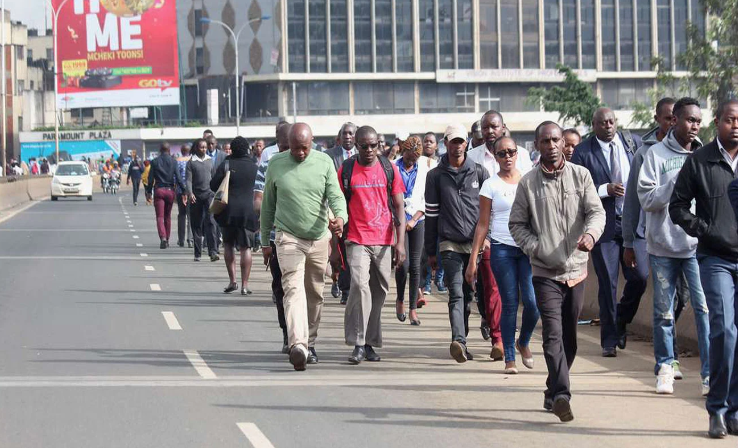A new study has revealed that people who walk slowly are at a higher risk of contracting severe Covid-19 regardless of whether they are obese or not, a new study suggests.
In addition, higher body mass index, which points to obesity, also increases the risk of having more severe cases of the respiratory disease.
The team of researchers analysed data on 414,201 participants in the UK Biobank, a British registry that closely tracks people’s health over many years, to determine if there was a correlation between walking pace, obesity and Covid-19.
“As of June 20, 2020 there were 972 cases of severe Covid-19 that had occurred within the cohort,” the scientists wrote.
While obesity was found to be a risk factor for Covid-19 which exacerbated the symptoms of the disease, slow walkers were found to have the highest risk of severe forms of the disease regardless of obesity status.
A number of studies and anecdotal reports have pointed to obesity being a notable risk factor for Covid-19, and often the primary risk factor for younger patients.
A team of doctors at the Johns Hopkins School of Medicine gathered preliminary findings from six intensive care units (ICU) units around the United States, concluding in a Lancet report that “in populations with a high prevalence of obesity, Covid-19 will affect younger populations more than previously reported.”
For instance, people who have normal BMI (and are therefore considered to have normal weight) who usually walked at a slow pace — less than 4.8 km per hour — had more than double the odds of developing severe Covid-19 compared to those with normal weight and typically walked more briskly — more than 6.4 km per hour — the authors noted in the study published on medRxiv, ahead of peer review.
Gait speed (manner of walking) is often used to test the physical capacity of adults and to predict risk of future disease, disability and death.
“Self-reported walking pace, a simple measure of functional fitness, appears to be a risk factor for severe Covid-19 that is independent of obesity,” the scientists said.




